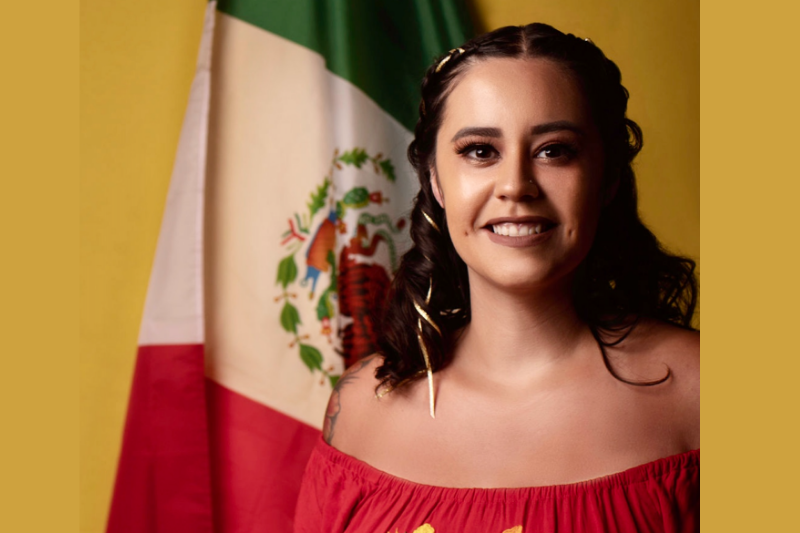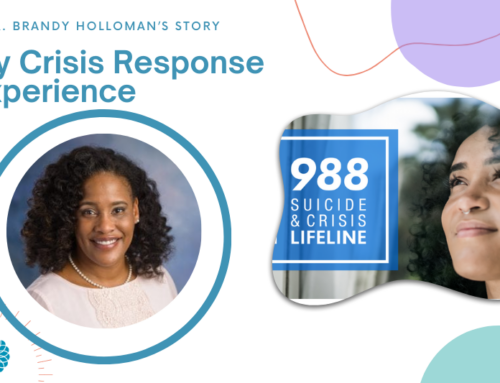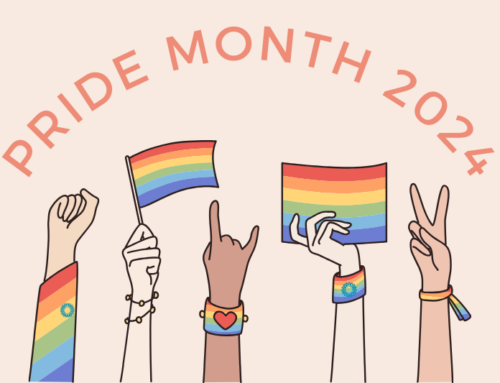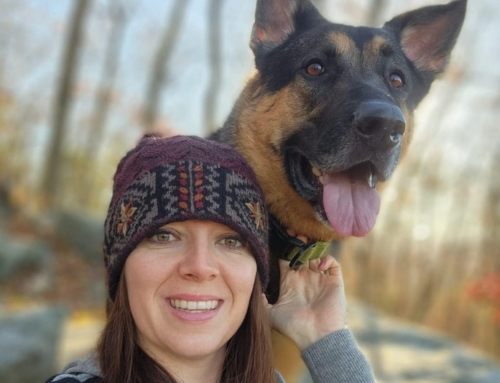Lasting from September 15 through October 15, Hispanic Heritage Month is described by the National Archives as an annual recognition and celebration of the “achievements and contributions of Hispanic American champions who have inspired others to achieve success.” Celebrated since 1968 as Hispanic Heritage Week, in 1988 the observation was expanded to last a full month. At Change Matrix (CM), we are pleased to acknowledge the importance of this 30-day celebration, understanding that the equity work that we do would not be possible without the contributions of the Hispanic community. This year we feature Change Consultant Evelyn Clark, who identifies as Mexican/Native American, as she recounts why Hispanic Heritage Month is important to her.
What does Hispanic Heritage Month mean to you?
My family, we come from Monterrey, Mexico, so what that means to me is just honoring our culture. We have a lot of different traditions, but for us food is a huge part of celebration. For example, this week my mom is making so many different dishes not just because it’s Hispanic Heritage Month, but she does it every day all day. So, of course, eating and breaking bread with each other is important and also, for me, it’s just where my roots are. I personally have not ever been to Mexico yet, but I do have a trip planned soon and I’m really excited about being able to get in touch with my roots. I recently found out about some of the native tribes my family actually came from in Mexico. My dad’s mom is from the Yaqui tribe and I’m gonna be looking into my mother’s parents and getting that history as well. It means a lot to me.
How did your family end up coming to the U.S.?
I was born in California and my grandparents came over before I was born. They wanted an opportunity to live a different life, and just seeing the fights and the struggles that my grandparents went through to get here and also the discrimination that they faced, that has lead me to want to change my name back to Evalina. Both of my grandparents are from Mexico, both sides, and my paternal grandma, her name actually was Evalina when she came to the U.S. and I was named after her. But when she came over to the U.S., she felt like she needed to assimilate to white culture and American culture and so she changed her name to Evelyn. My parents debated whether or not to give me the name Evalina, but they decided against it because I was born in ’88. And although we know racism has existed basically throughout American history, still in the late ‘80s, especially in the Bay Area of California, there was a lot of discrimination and hate toward different populations. Although there is a huge Hispanic population in California, there’s still a lot of barriers that we face. So, for me, it’s really just connecting back to my roots of who I am.
How will you be celebrating the month this year?
My daughter is also full Hispanic, so I’ll be teaching her about her roots and culture and about the reality of assimilation — and not just the Americanized way. Something that is a big assimilation and microaggression is Cinco de Mayo. America has really turned that into a party where people wear sombreros and ponchos, which is offensive to our culture because we don’t always wear those clothes. Those are used for parties and fiestas, and it’s more than the tequila and tacos; it’s deeper than that. It was a battle that the Mexican people won and a lot of people were killed in that. So just honoring them in the fight. It’s so interesting, when my family came over from Mexico to the U.S., my dad was darker so he faced a lot of discrimination and he decided that he didn’t want us to go through that. My mom is fluent in Spanish and I can understand it but I can’t speak it very well, so I haven’t been able to pass that onto my daughter. He just wanted to protect us, and, unfortunately, it has its consequences because I can’t pass the Spanish language to my daughter as I would like to. So I’m just spending time teaching her that and being with family and cooking traditional recipes. All of my grandparents, unfortunately, have passed, but I’ll spend time remembering them and honoring them. It’s in our tradition that we have pictures of those who have passed on, like a little mantle, and I have some candles next to it that represent my grandparents’ religion, which is Catholic. During this month I’ll be lighting those candles next to those pictures.
As the month closes out this week, what do you hope people will take away from observing it?
People come here but that doesn’t mean we need to lose who we are and where we come from, because isn’t that what America is supposed to be: celebrating each other’s differences? And we know that even just with everything that has happened with our last president, not just myself but also the families and youth that we’re working with that do identify as Hispanic did not want to identify as Hispanic because people were saying really off-the-wall things. So, I really think about how in my Hispanic culture we also have a division with other people of color in our country, and I know that has to do with the racism that African Americans face every day. I understand that I am part of a minority culture, but I understand the privilege that I carry as a Mexican/Native American woman because I’m still passing, so I really speak to that in my current work here at CM. We have all gone through it in this country, and if we can unite with other populations in America that are discriminated against here, that can be really powerful.




